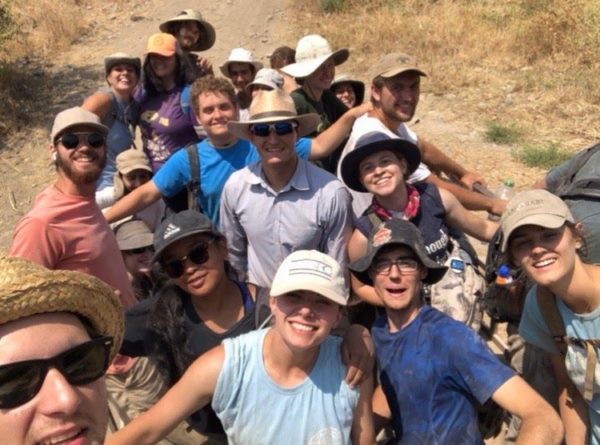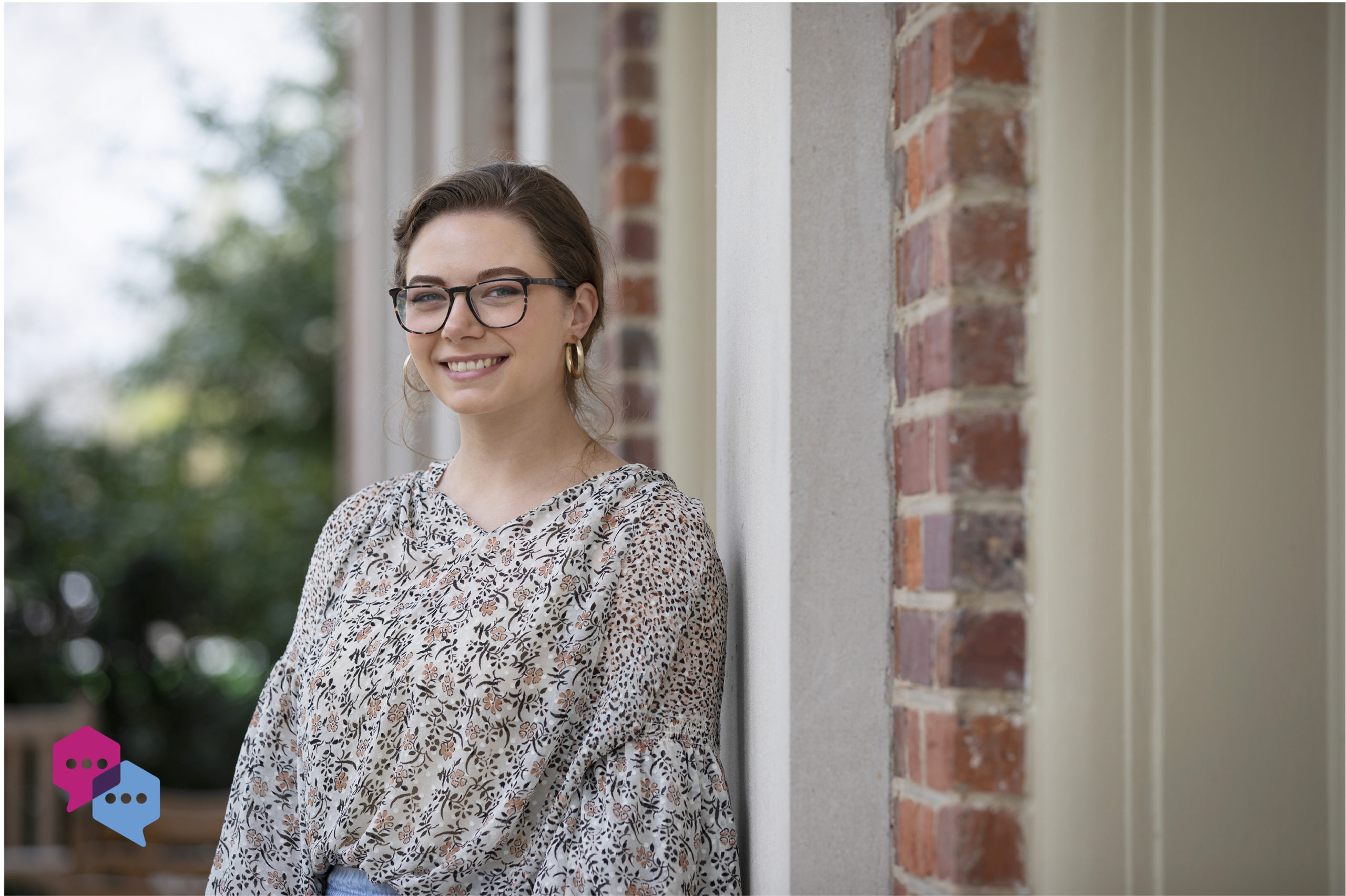Q: When you were a child, what was your response to this question: “What do you want to be when you grow up?”
A: An astronaut. I grew up around Raleigh and was able to visit many local museums — any exhibit about space immediately caught my attention. In middle school, that interest zeroed in on planetary science. To my dismay I discovered in high school that calculus and chemistry, while very interesting, were not what I wanted to dedicate myself to. I found archaeology at UNC a much better fit for me, satisfying my scientific curiosity, my love of history, and my need for hands-on experimentation.
Q: Share the pivotal moment in your life that helped you choose your field of study.
A: Archaeology students at UNC are required to take a field school where they receive hands-on experience at an archaeological site. For many, including myself, this is their first time actually doing archaeology as opposed to learning about it in a classroom. I attended field school in the summer of 2018 at the Huqoq site in Israel under professor Jodi Magness. At some point during the 4 a.m. walks to the site, digging in dusty morning heat, lectures about ceramic tempers, and laughing in the bed of the supply wagon with new friends, I realized archaeology is exactly what I want to do and where I need to be.

Scattergood (front row, center) and fellow students from her second field season in Huqoq, Israel, ride in a supply wagon back to the kibbutz.
Q: Tell us about a time you encountered a tricky problem. How did you handle it and what did you learn from it?
A: My job one summer was to ensure all finds coming from the southern half of the dig were properly identified, labeled, boxed, entered into the database, and transported back to the lab. I felt a lot of pressure — if I messed up my job, that material simply couldn’t be used in publication. In order to handle this responsibility, I had to be clear and assertive with fellow students and my superiors about how I needed them to handle artifacts and what information I needed them to relay to me at all times to make things run most efficiently for everyone. It was a lot of work, a lot of learning as I went, and certainly a lot of stress some days, but by the end of the season I felt so much more confident in my ability as a leader and as an integral part of the archaeological team.
Q: Describe your research in 5 words.
A: One man’s trash is archaeology.
Q: What are your passions outside of research?
A: Two of my favorite hobbies are visiting art museums and boxing — not at the same time. Looking at what contemporary people create to express themselves and the world they live in helps inform my study of past peoples and the things they leave behind. Boxing is just a fun way to be active and feel strong.


